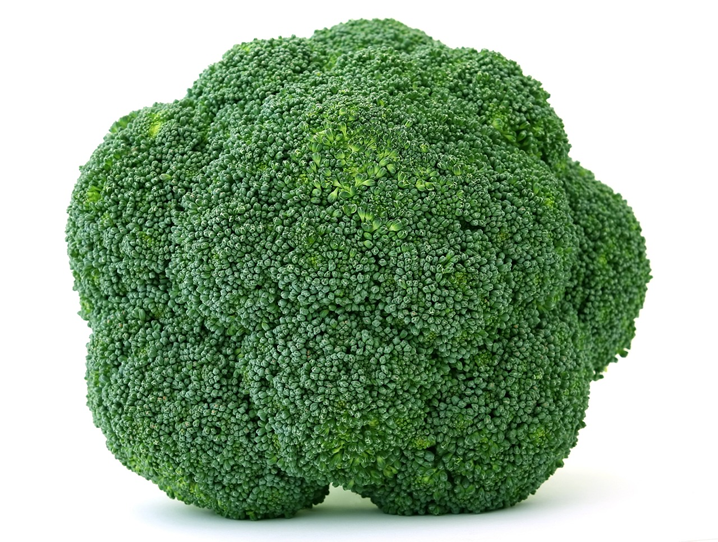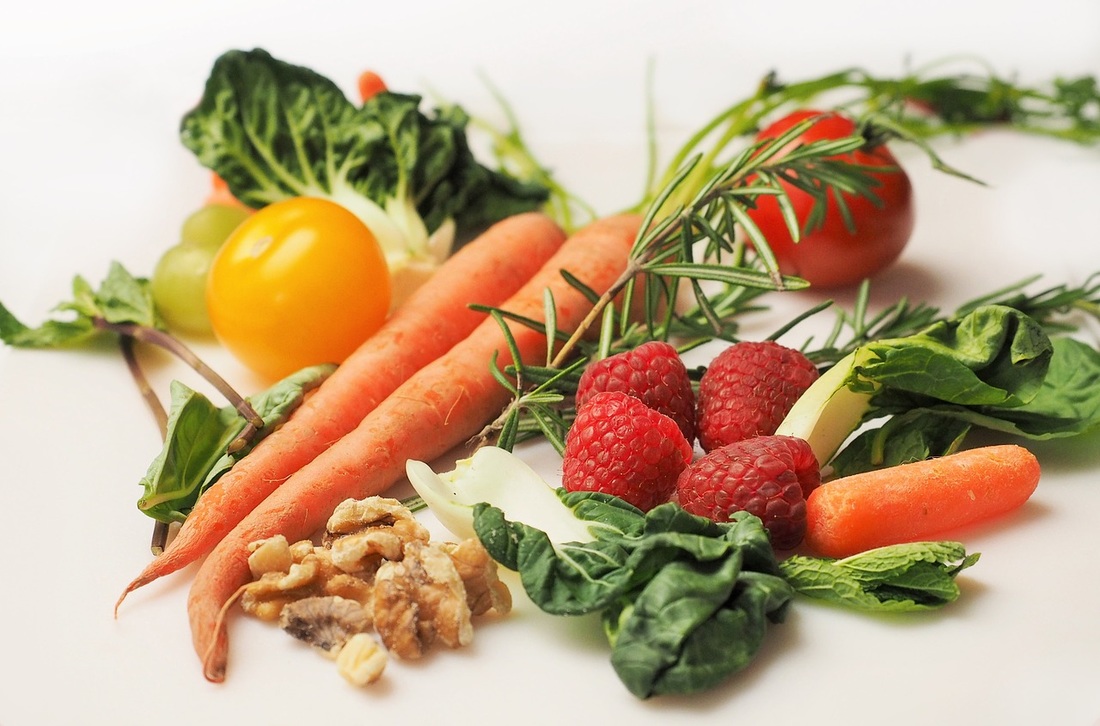In this post, we’re going to look at the role of diet and nutrition in the healthy aging of our eyes. Of course, this is only one aspect of keeping our eyes healthy for a lifetime. In our following posts for Healthy Aging Month, we’ll look at the role of exercise in healthy eye aging and dry eye syndrome, a common eye condition that can affect our eye health and healthy eye aging. It is important to note that there are other aspects of maintaining healthy eyes over the course of a lifetime, including getting comprehensive eye exams at regular intervals based on current age and eye condition and decreasing controllable or manageable risk factors such as drinking, smoking, weight, cardiovascular disease, high blood pressure, and exposure to UV radiation from the sun, to name a few. To learn more about comprehensive eye exams and risk factors, we encourage you to visit our website and relevant blog articles using the links below, as well as contact our office for more information: Let’s jump in. Diet & Nutrition for Healthy Aging EyesGood nutrition at all ages is vital for your entire body and plays an important role in maintaining healthy eyes.” - American Academy of Ophthalmology (AAO) Heart-Healthy Diet It is safe to say that a heart-healthy diet is probably also an eye-healthy diet. Our eyes have a rich blood supply, just like our other organs. Our circulatory system keeps the blood moving throughout our bodies and organs, including our eyes. Therefore, keeping our cardiovascular (heart and blood vessels) system healthy is important not only to our overall health, but also our eye health. This is why obesity, cardiovascular disease, high blood pressure, high cholesterol, and diabetes are all considered risks for developing eye disease. These conditions can damage the blood vessels in our eyes and potentially lead to vision loss. The Mayo Clinic describes a heart-healthy diet as one that:
For more information about a heart-healthy diet, please visit the American Heart Association’s website or speak with your primary care physician (PCP). Eye-Healthy Diet While a heart-healthy diet is a great place to start and important for our overall health, our eyes need particular vitamins and nutrients to keep them healthy and lower our risk of developing age-related eye diseases such as age-related macular degeneration (AMD) and cataracts. There are five categories of vitamins and nutrients that are vital to our eye health. Those are:
Let’s take a look at each of these in more detail. Vitamins C & E for Eye HealthVitamins C and E are powerful antioxidants that are critical to our eye health. We need these vitamins for our eyes to function properly. Further, vitamins C and E are thought to prevent or delay onset of AMD and cataracts. We get vitamins C and E from various fruits, vegetables, nuts, seeds, and oils in our diet. For a list of food sources of vitamin C and vitamin E, please click here to view our short guide to Food Sources of Vitamins & Nutrients for Eye Health. Lutein & Zeaxanthin for Eye HealthLutein and zeaxanthin are two types of carotenoids, a family of nutrients made by plants, particularly green leafy vegetables. These nutrients are found in our eyes, thought to act as natural antioxidants, and believed to lower risk of developing AMD and cataracts. For a list of food sources of lutein and zeaxanthin, please click here to view our short guide to Food Sources of Vitamins & Nutrients for Eye Health. Omega-3 Fatty Acids (DHA & EPA) for Eye HealthOmega-3 fatty acids are believed to be an important contributor to our cardiovascular health. According to the American Academy of Ophthalmology, “Some studies suggest that diets rich in omega-3 fatty acid from cold-water fish like salmon, tuna, sardines and halibut reduce the risk of developing eye disease later in life.” For a list of food sources of omega-3 fatty acids, please click here to view our short guide to Food Sources of Vitamins & Nutrients for Eye Health. Zinc for Eye HealthZinc is an essential trace mineral found in high concentrations in our eyes and in foods such as legumes. It is thought to help protect our eyes from damage caused by harmful light, such as UV radiation. For a list of food sources of zinc, please click here to view our short guide to Food Sources of Vitamins & Nutrients for Eye Health. Copper for Eye HealthCopper is an essential element that works with zinc, and they should be taken together as such. It is thought to have antioxidant properties and support eye health. Copper is found in a variety of foods. For a list of food sources of copper, please click here to view our short guide to Food Sources of Vitamins & Nutrients for Eye Health. Are You Getting the Vitamins & Nutrients Your Eyes Need?Eating a well-balanced diet is the first step in getting the vitamins and nutrients our eyes, body, and brain need to age healthily and function properly. However, depending upon overall health, risk factors, and risk of developing eye disease, diet alone may not be enough to support our nutritional needs and eyes. If you’re at risk for developing eye disease, please discuss your risk factors, as well as prevention (including diet and nutrition) with your ophthalmologist or eye doctor. Risk factors may include (but are not limited to):
If you’re not getting enough nutritional support from diet alone, your eye doctor may recommend a nutritional supplement specifically formulated to support your eye health. Nutritional Supplements for Healthy Aging EyesThe National Eye Institutes (NEI), part of the National Institutes of Health (NIH), has conducted two major studies called the Age-Related Eye Disease Study (AREDS) and the follow-up study AREDS2, which showed that certain nutritional supplements could reduce the risk of developing AMD and help preserve vision in high-risk patients. The formulations include specific amounts eye-healthy nutrients, including vitamins C and E, lutein and zeaxanthin, omega-3 fatty acids (DHA & EPA), zinc, and copper. While the AREDS and AREDS2 formulations cannot be achieved by diet alone, you should speak with your ophthalmologist before taking this supplement to ensure it is right for you. In addition to determining which formula you should take, your doctor will need to understand all of the medications and nutritional supplements you are taking to ensure it is safe for you to take the AREDS / AREDS2 nutritional supplement based on possible drug interactions. There is a great deal of information about the AREDS and AREDS2 studies available to patients. To learn more about AREDS and AREDS2, visit the American Academy of Ophthalmology (AAO), the National Eye Institutes (NEI), PreventBlindness.org, and our Medical Treatment for Macular Degeneration page. To learn more about whether the AREDS or AREDS2 formula may be right for you, please contact us to make an appointment to speak with your ophthalmologist. Additional ResourcesFor more general information about diet and nutrition for eye health, you may wish to read the following articles:
To discuss your eye health, healthy eye aging, and nutritional needs for health aging eyes and prevention of eye disease, contact to make an appointment with your ophthalmologist, who can discuss these important topics with you. Stay tuned for our next post on Healthy Aging Eyes, where we’ll be discussing the importance and role of exercise in maintaining eye health. Comments are closed.
|
EYE HEALTH BLOGCategories
All
Archives
July 2024
|
|
Kadrmas Eye Care New England
55 Commerce Way, Plymouth, MA 02360
14 Tobey Road, Wareham, MA 02571 133 Falmouth Road (Rt 28), Mashpee, MA 02649 |
Phone Number:
1-508-746-8600 Hours: Monday through Friday — 8 AM – 4:30 PM |



 RSS Feed
RSS Feed
